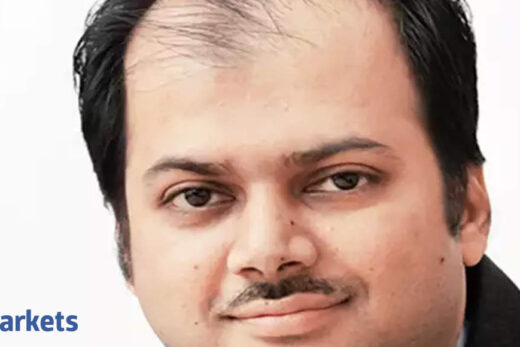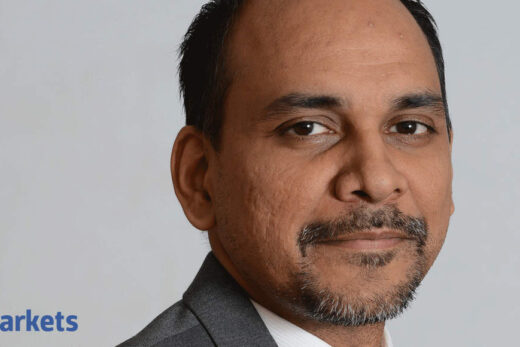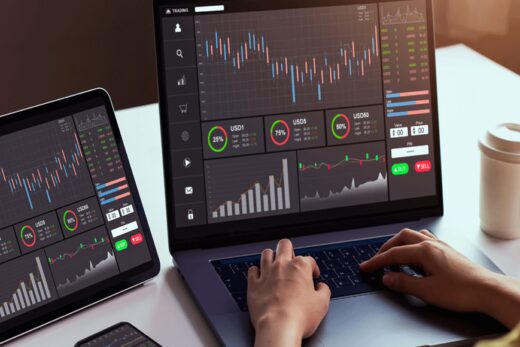Is this the most ferocious bull market you have ever seen?
Undoubtedly – both the pace and the extent of pullback from the March 2020 lows has been staggering. I think it is the combination of a large stimulus of approximately $8 trillion combined with the earnings growth delivered by the corporate sector at work.
There were too many uncertainties in life and investing in 2020 and 2021, but does experience tell you that 2022 will be a relatively smoother year for investing?
There is never complete certainty. It’s an elusive concept. Investing in uncertainty is what makes investing interesting and skilful. We have to understand there is a limit to rational thinking, but more important is to have adaptability and aptitude.
Historically, after a big move like the one that we are currently witnessing – markets do get into a consolidation or correction phase – which is healthy and to be expected. But that will not diminish opportunities that will present themselves in 2022.
You have always propagated the benefits of long-term investing but in an age when technological disruptions have shortened business and market cycles, does long-term investing still work?
There are no shortcuts. Compounding works only if you invest for the long term. Technological disruptions are here to stay and one has to be aware that the business we are invested in are net beneficiaries of the technological disruptions else we risk a steady derating of the business which may not be apparent immediately but will manifest itself over the time.
Many years ago, you moved away from value investing and towards growth and quality at a reasonable price. In your opinion, is it the best strategy to ride this wave without losing your life jacket?
Growth at a reasonable price still works and will continue to work. But value investing in India can definitely make a comeback – partly because the economic cycle should turn and partly because the supply chains get rewired which will give wind to sectors that have not done well for the last many years, like metals, real estate, capital goods etc. to name a few.
But most interestingly, value investing can selectively make a comeback if minority shareholder activism gains strength which forces either existing managements to create value or some managements get thrown out and become a trigger for value unlocking because someone more capable and transparent can build value. We are looking out for that.
Your generation of fund managers and investors grew up on the teachings of Buffets, Lynchs of the world and imbibed that long-term investing ethos. Do you fear today’s Millennial investor or fund manager may not have those role models to look up to and therefore, are more short-termist?
Basic principles of investing will not change. But we have to constantly learn and adapt. There are always new smart investors with a good track record that one can and should learn from, without disregarding what you learnt early on. It would be wrong to presume that Buffet isn’t learning too! All successful investors or fund managers are learning machines. Unlearning and relearning is a continuous process.
Alchemy Capital’s PMS has been among the best performers over the past 18 months. What do you think you did differently as a CIO to achieve this and were there ever moments of self-doubt?
The great French philosopher Voltaire once said “Doubt is not a pleasant condition but complete certainty is absurd!” There is no progress without some self doubt. Yes we have done well, but I’ve also learnt that one must have the humility and the courage to accept when you are wrong or not doing well. We never lost conviction in our abilities to adapt and we bounced back very well from a tough early 2020.
How do you solve the chimera of the digital economy? When you look at a potential investment in that space what are the things that you look for?
In my limited understanding, the digital economy and the companies that operate therein is all about rapid customer acquisition, creating an ecosystem to deliver products and services at scale and least friction. In order to do all of these, companies are willing to sacrifice current profitability and dilute equity significantly to raise capital to fund initial losses or make acquisitions. Traditional metrics, therefore, are not very effective.
The challenge is to judge whether companies can successfully achieve both scale and eventually profitability and cash flows (because that will never ever change). So the questions remain the same. If I am your customer why will I remain one and what can you offer me that others can’t and what else can you deliver to the customer at a competitive price or value? Can you do it at a scale and speed to be eventually profitable?
Forgive me for making you wear your short-term hat, but this time next year will Nifty50 be better off or worse than where it is now?
I would say reasonably high probability that it will be higher.



